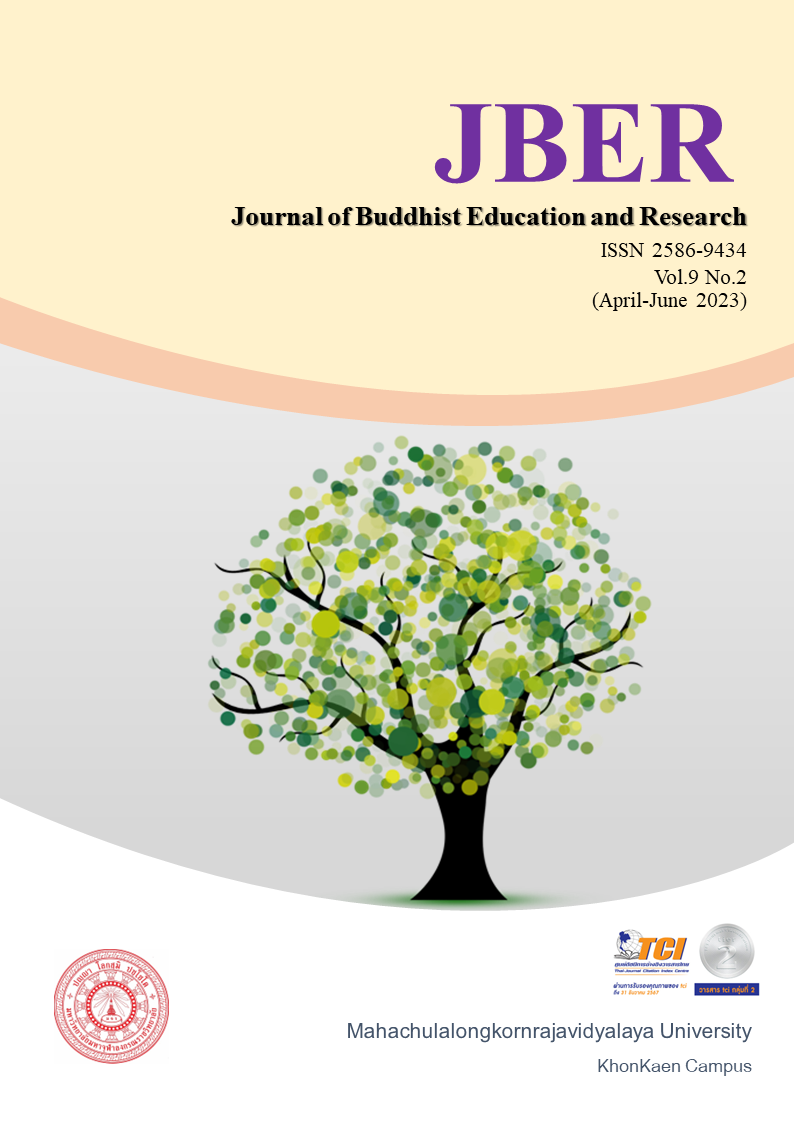INFLUENCING FACTORS OF THE COVID-19 EPIDEMIC ON ACCOMMODATION CUSTOMERS’ SATISFACTION: A CASE STUDY OF CHENGJIANG XIAOWAN RESIDENTIAL VILLAGE, YUNNAN
Keywords:
Covid-19 epidemic; Accommodation, Customers; Value perception, SatisfactionAbstract
This paper aimed to study the influencing factors of the COVID-19 Epidemic on customers’ value perception, focusing on those staying at Chengjiang Xiaowan residential village, Yunnan, during the COVID-19 epidemic. The instruments were unstructured interviews through a formal questionnaire and an interview form to obtain data in four dimensions: quality demand, function demand, extension demand, and price demand. The respondents were practitioners, residents, managers, and Internet commentators in the area. Data were analyzed using statistics, and factors affecting customers’ perception and the satisfaction during the epidemic were verified.
The research suggested the use of SWOT analysis in combination of the improvement of customers’ satisfaction for future development. The result of the research could be an inspiration and reference for the sustainable development of residential village industry in Ethnic Minority Areas during the epidemic.
References
BLAKE, A., & SINCLAIR, M. T. (2003). Tourism crisis management US response to
September 11. Annals of Tourism Research, 30(4):813-832.
Bolton, R. N., Drew, J. H. (1991). A Multistage Model of Customers' Assessments of Service
Quality and Valuc. Journal of Consumer Research, 17(4):345-344.
Brady, M. K., Cronin, J. J., & Brand, R. R. (2002). Perfomiance-only measurement of service
quality: Areplication and extension. Journal of Business Research, 55(1):17-21.
Camian, J. M. (1990). Consumer Perceptions of Service Quality: an Assessment of the
SERVQUAL Dimensions. Journal of Retailing, 66(1): 23-41.
Cardozo, R. N. (1965). An Experimenlal Study of Customer Effort, Expeclalion, and
Salisfaclion. Journal of Marketing Research, 2(3): 245-249.
Chen, CHEN. (2020). The Influence of Smart Tourism on Tourist Experience Toward Travel
Intention and Satisfaction: Evidence from China. International Journal of Marketing Studies, 12(3): 65-70.
Chen, Li-Chan, Lin, el al. (2013). Rural tourism: Marketing strategies for the bed and breakfastindustry;in Taiwan. International Journal of Hospilalily Management, 32(1): 248-251.
Churchill, G. A., & Surprenanl, C. (1982). An investigation into the determinants of customer
satisfaction, Journal of Marketing Research, 19(4): 491-504.
Cronin, J. J., & Taylor, S. A. (1992). Measuring service quality: A reexamination and extension.
Journal of Marketing, 56(3): 55-68.
Graefe, A. R., & Vaske, J. J. (1987). A Framework for Managing Quality in the Tourist
Experience. Annals of Tourism Research, 14(3): 390-404.
HI, Kuo., Chen, C.C., Tseng, W.C., & Ju, L.F. (2008). BW Huang Assessing impacts of SARS
and Avian Flu on international tourism demand to Asia. Tourism Management, 29(5):917-928.
MCKERCHE, R. B., & CHON, K. (2004). The over-reaction to SARS and the collapse of
Asian tourism. Annals of Tourism Research, 31(3):716-719.
Robert, Heath. (2004). Crisis management for managers and executives. beijing: zhong xin chu
ban she, pp:56-78.
Shaykh-Baygloo, Raana. (2021). Foreign touristsexperience:The tri-partite relationshipsamong sense of place toward destination city, tourism attractions and touristsoverall satisfaction-Evidence from Shiraz, Iran. Journal of Destination Marketing & Management, 19.
WlFomell, C., Johnson, M. I., Anderson, E. W., et al. (1996). The American Customer Satisfaction Index: Nature, Purpose, and Findings. Journal of Marketing, 60(4): 8-17.





